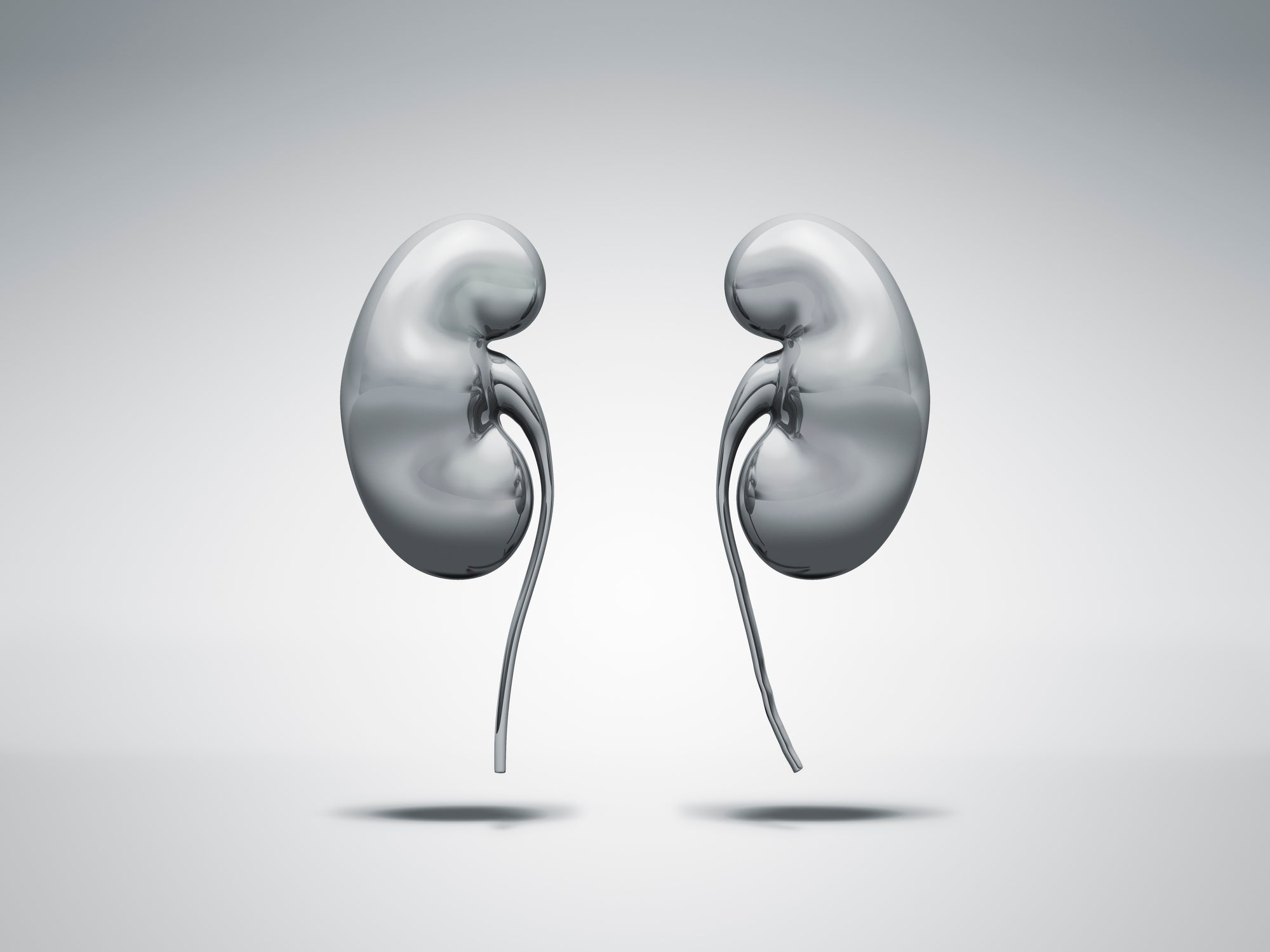In early December, KBP Biosciences shared results for their BLOCK-CKD Phase IIb study, which has shown KBP-5074 could improve treatment for patients with severe chronic kidney disease (CKD), as it can lower blood pressure (BP) without increasing the risk of hyperkalemia (HK). HK refers to the abnormal elevation of blood potassium levels and is typically initiated by excess dietary potassium, disordered cellular redistribution, and abnormalities in potassium excretion. The positive trial results suggest KBP-5074 may become a viable competitor to already established non-steroidal mineralocorticoid receptor antagonists (MRAs) for CKD.
A high proportion of stage four and five CKD patients have high BP. CKD patients with hypertension have accelerated progression compared to patients without the condition. The goal of anti-hypertensive treatment is to maintain BP to less than 140/90mmHg and 130/80mmHg for low-risk/high-risk and highest-risk groups, respectively. According to GlobalData’s PIC Epidemiology database, the number of total prevalent cases of hypertension in seven major markets (US, France, Germany, Italy, Spain, UK, Japan) is estimated to grow from 219,945,315 cases in 2020 to 225,760,589 cases by 2027.
Specifically, KBP’s Phase IIb clinical study showed significant clinical improvement in systolic BP. The 0.5mg dose of KBP-5074 attained a mean 10.1mmHg reduction in systolic BP, in comparison to the placebo group (p=0.0029). KBP-5074 was well-tolerated in the study, with no observed cases of severe HK or hospitalisation due to HK. In addition, a benefit of KBP-5074 over other anti-hypertensive MRAs drugs is that the drug has been proven to not increase the risk of severe HK, which is potassium levels above seven milliequivalents per liter. This observation is significant because this Phase IIb trial included patients with stage four CKD, who are usually advised against the use of MRA drugs as it is linked to causing elevations in potassium levels in CKD patients.
KBP-5074 is a selective non-steroidal MRA that blocks the binding of aldosterone. Aldosterone stimulates principal cells through MRA receptors and signal cascade, which activates ENaC and renal outer medullary potassium channels, thereby stimulating the reabsorption of sodium and potassium excreted in the urine, respectively. As such, in CKD patients who noticeably suffer from fewer principal cells, a reduction in aldosterone levels can be detrimental to potassium excretion, leading to HK.
According to GlobalData’s PIC drug database, KBP has two leading products in development: KBP-5074 for cardiovascular disease and KBP-7072 for infectious disease. If approved, KBP-5074 will give CKD patients with uncontrolled hypertension an alternative treatment option. KBP is in the process of assessing its leading drug in the planned global Phase III study estimated to start December 2021.

US Tariffs are shifting - will you react or anticipate?
Don’t let policy changes catch you off guard. Stay proactive with real-time data and expert analysis.
By GlobalData





